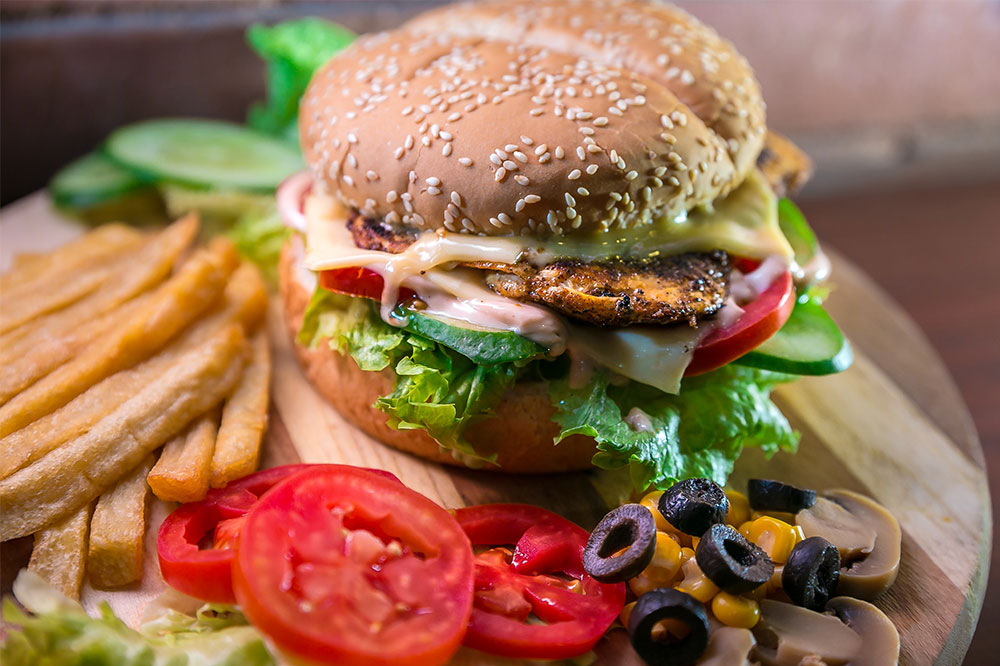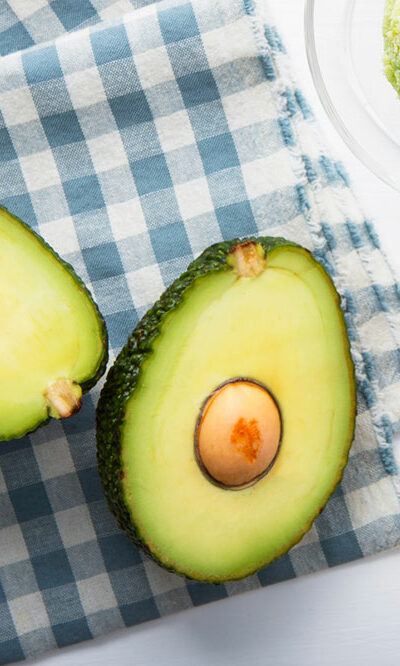5 foods to avoid to manage Schizophrenia

Schizophrenia is a mental illness that affects how a person thinks, feels, and acts. This disease is characterized by abnormal thoughts, perceptions, and experiences. Symptoms can change over time and also vary from person to person. One of the most critical aspects of schizophrenia treatment is managing the diet. A healthy diet is essential for both general health and schizophrenia treatment. What foods should one avoid if they have schizophrenia? Read on to find out.
Foods to avoid if one has schizophrenia
If one is experiencing schizophrenic symptoms, it’s essential to be aware of the foods that could potentially worsen the symptoms. Following are some foods to avoid during an episode of schizophrenia.
Soybeans
Soy is a commonly consumed food linked to various health problems. Soybeans, in particular, have been shown to contain high levels of the amino acid l-tryptophan, which can trigger symptoms in people with schizophrenia. If one eats soy products, try to choose those labeled “non-GMO,” and ensure that soy products comprise a small part of your overall diet, and try to limit its intake.
Dairy products
Be cautious while consuming dairy products, as they can trigger an allergic reaction in people with schizophrenia. Dairy products are one of the top food items known to cause schizophrenia symptoms in individuals.
Gluten foods
Gluten is a protein in many grains, such as wheat and rye. There is a lot of bad publicity surrounding gluten, with many claiming that it can cause various health problems. Is this the case with schizophrenia? Here are two facts you must know about gluten and schizophrenia:
Gluten has been shown to cause an autoimmune response in people with schizophrenia, leading to the condition.
Eliminating gluten from your diet can improve your symptoms significantly.
We suggest avoiding gluten foods altogether if you have schizophrenia as it can effectively manage the condition.
Saturated fats, sugars, and salt
Obesity, characterized by high amounts of saturated fats, sugar, and salt, plays a huge role in schizophrenia; it also increases the likelihood of developing other health problems such as heart disease and stroke. It’s always best to read food labels carefully so you know what type of foods you are consuming, even if they don’t contain any apparent signs like ‘saturated fat’ or ‘sugar.’
Processed foods
Processed foods are a common cause of schizophrenia, and avoiding them can reduce your risk of developing it. Eat whole foods low in processed ingredients as this will help your body optimally and promote healthy brain function.
Vitamins and minerals
You must ensure getting sufficient vitamins and minerals, as insufficient intake can lead to mental health issues like schizophrenia. If following a diet is difficult for you, there are plenty of ways to get nutrients without resorting to processed foods such as supplements.
Schizophrenia and nutrition
There is no one-size-fits-all approach to what foods may cause or worsen schizophrenia, as everyone’s dietary requirements are different. However, it’s important to remember that vitamins B6 and B12 can help regulate mood swings and improve brain function. Additionally, foods that contain gluten, grains, and sugar can be problematic for people with schizophrenia as they can increase symptoms such as psychosis and hallucinations.
Conclusion
Schizophrenia is a mental issue characterized by symptoms such as hallucinations, delusions, and disorganized thoughts. It is estimated that one in five people will develop schizophrenia in their lifetime. Although there is no cure for schizophrenia, there are treatments that can help manage the condition. One of the key things that people with schizophrenia need to do is maintain a healthy diet. Avoiding foods known to cause schizophrenia can help prevent it from progressing and improve overall health.







